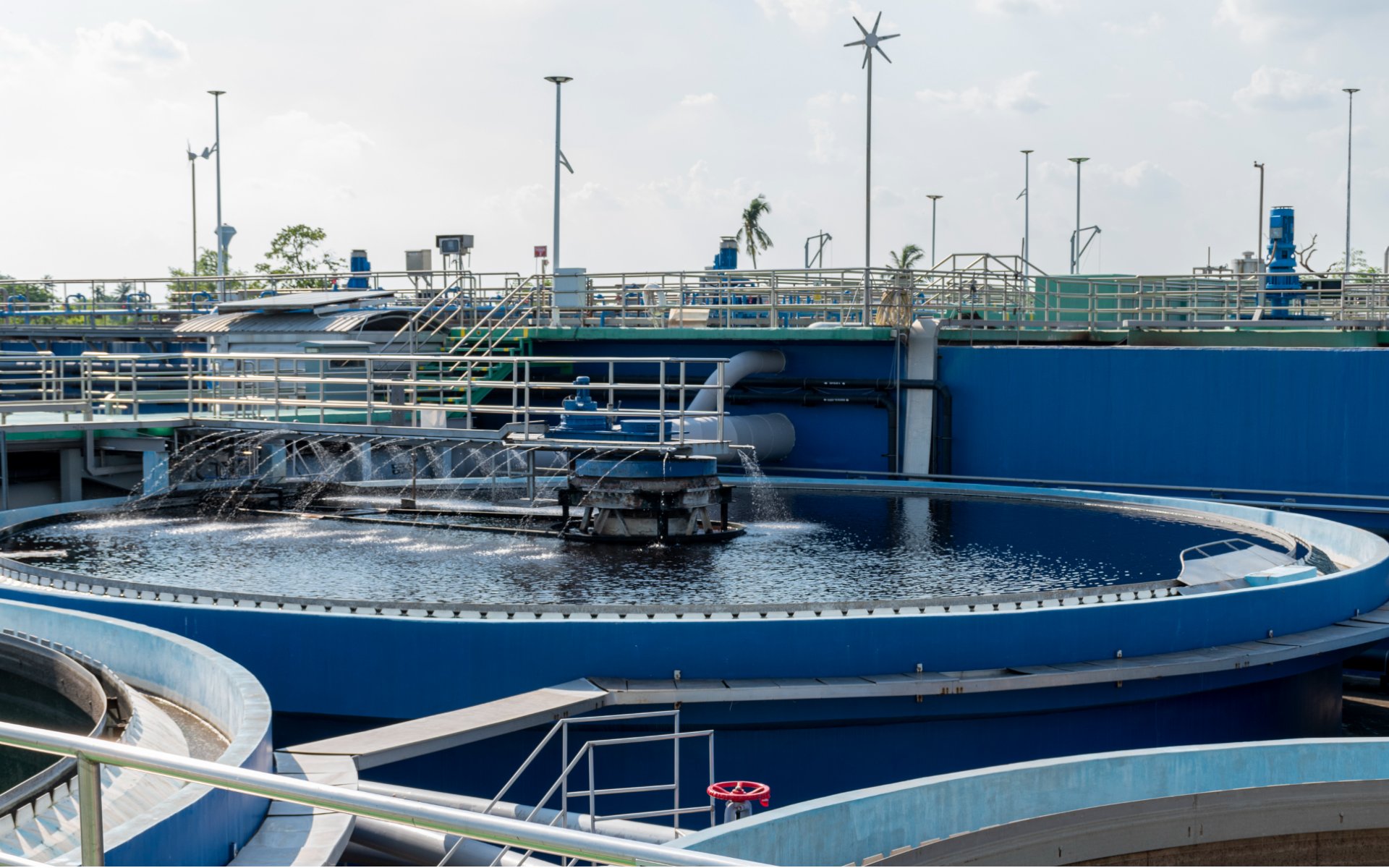
Mauritania is moving to address growing water scarcity through an ambitious seawater desalination project, leveraging its abundant renewable energy potential.
The Mauritanian Ministry of Hydraulics has signed a memorandum of understanding with Japanese conglomerate Toyota Tsusho to develop a desalination plant powered by wind and solar energy, according to the Ecofin Agency.
The planned facility aims to produce 50,000 cubic meters of drinking water per day.
Before construction begins, Toyota Tsusho will carry out a detailed feasibility study, with financing expected from a combination of Japanese and international donors.
For Nouakchott, the project is a strategic response to rising demand for potable water, driven by rapid urban growth and the needs of rural communities. By combining desalination with renewable energy, the government hopes to secure water supplies while reducing carbon emissions.
“This initiative reflects a strong political commitment to sustainable development,” said a ministry representative.
“It also signals Mauritania’s intent to expand its industrial base and attract investment in innovative sectors.”
The move positions Mauritania alongside Morocco and Algeria, which have already invested in large-scale desalination plants to relieve pressure on their water resources.
Morocco has inaugurated several high-capacity facilities, while Algeria continues to multiply projects to meet growing urban and agricultural needs.
Beyond immediate water security, the project has broader implications for Mauritania’s economic and environmental strategy.
By harnessing wind and solar power, the plant is expected to lower operational costs and minimize CO₂ emissions, demonstrating the potential of green infrastructure in addressing climate and resource challenges.
Officials note that, if successful, the plant could serve as a model for additional renewable-powered desalination projects across the Maghreb region, enhancing regional resilience and promoting sustainable growth.
With urban populations expanding and water scarcity becoming increasingly acute, Mauritania’s initiative reflects a growing recognition across North and West Africa that innovative, environmentally conscious solutions are essential for long-term economic and social stability.



